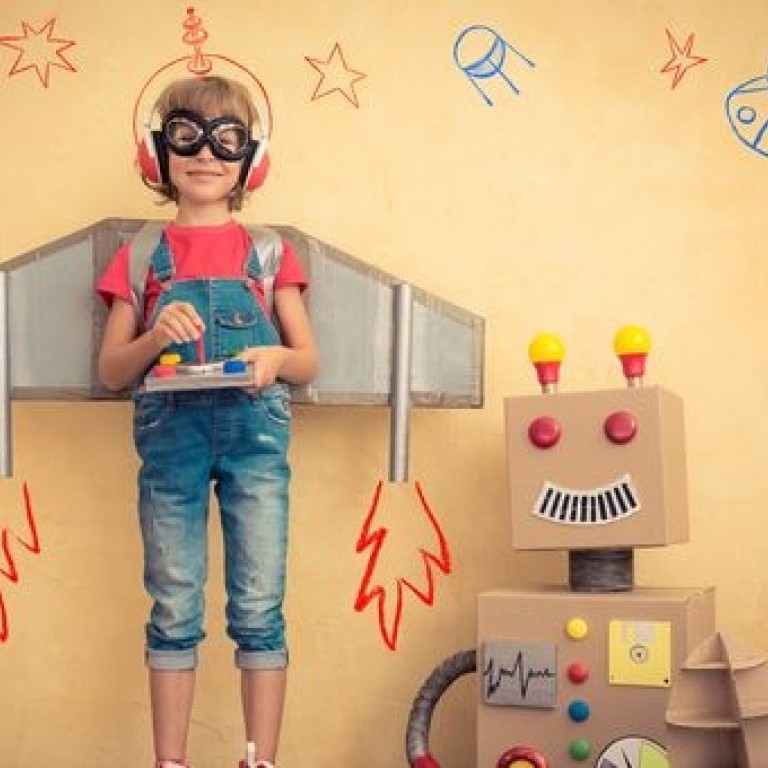
Play helps children build tools and skills to learn
For many of us, memories of school are of a place of work followed by evenings full of homework.
[Original source from Education Post]
For many of us, memories of school are of a place of work followed by evenings full of homework. We value the learning that we gained through this, and think that if it worked for our generation, it is best for our children as well. But this ignores the decades of research into education during the intervening years. Imagine applying this same logic to, let’s say, surgery: we would be mortified by a doctor who overlooks recent decades of medical research and uses out-of-date practices that may work in some ways, but impact the body harmfully in others.
Since the 1980s, schools have grappled with the topic of play and whether or not play should be a part of a school day. Society is beginning to recognise worrying trends among young students as schools around the world move away from play and towards academics (often referred to as “pre-academics”) in early childhood. There has been a rise in the percentage of children in school who have difficulty with self-regulation, attention and overall executive functioning skills. In addition, there have been higher incidences of anxiety and other mental health issues in children.
When play is taken away from children in a school environment, they lose a fundamental way that they learn. Not only do children love to play, it also helps boost their self-confidence, and improves their language, thinking, social skills, abstract thinking, problem-solving, and self control.
One explanation for this is that play allows the brain to develop in a more balanced way. Early childhood educators have grown to understand the importance of helping the brain develop these areas in young children. They know, for example, that opportunities for children to interact in a variety of ways with teachers and other children help expand their language development, which promotes stronger literacy skills. These teachers know that cognitive skills are gained through playful exploration of mathematical and scientific concepts. Likewise, ample opportunities for interacting with the learning physically supports gross and fine motor skills. This may be discovering “dinosaurs” in the sand pit, exploring how water can move between points of different heights, or simply creating a card for parents using beads, sticks and paper. The more opportunities children have for engaging authentically with peers, the better they become at regulating their own emotions and socialising with peers and adults. Natural and purposeful experiences in a classroom help children grow and learn. And for young children, this is best accomplished through play.
It’s not just about young children, either. Research tells us that the trajectory of education often is predicted by early experiences of schooling. Lev Vgotsky, a Soviet psychologist and founder of the theory of human cultural and bio-social development, believed that children construct their own knowledge, and that development cannot be separated from their social context. Through play, children become more competent in their language use and begin to regulate their own thought processes, helping them make sense of the world around them. Loris Malaguzzi, founder of the Reggio Emilia schools in Italy, believes that children construct their own meaning and are driven by their own interests. These beliefs also support the idea that using language and play develops children’s abilities to communicate and enhances their creativity.
Early childhood is a unique and special time in a child’s development. These early years are a time that must be honoured and respected. I am fortunate to work in a school that believes that play is the work of children. Play is essential in building a child’s wellbeing, in developing their sense of self and others, their passions, their interests and their ability to think. Play, as an aspect of our Reception classes, effectively and positively supports brain development so that each child can fully develop his or her own capacities.
